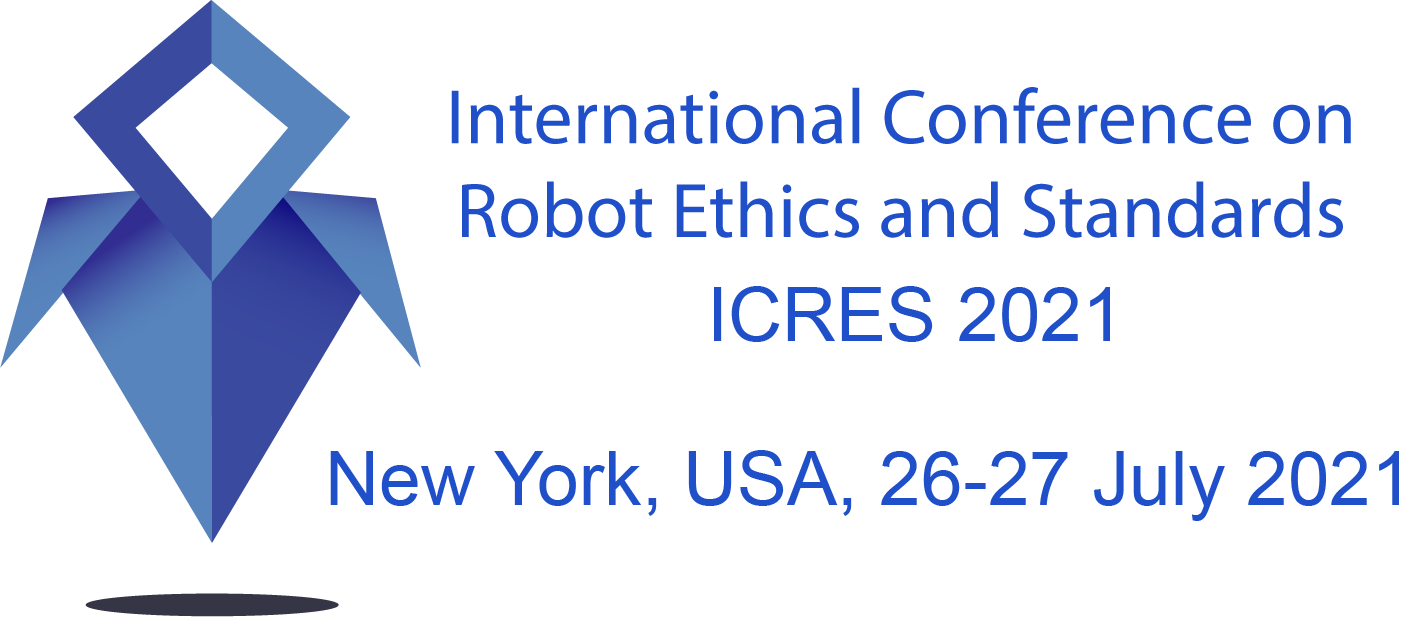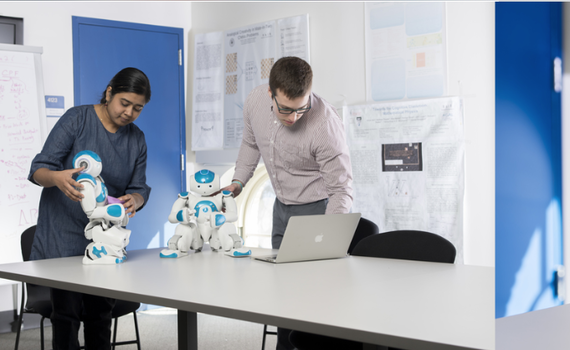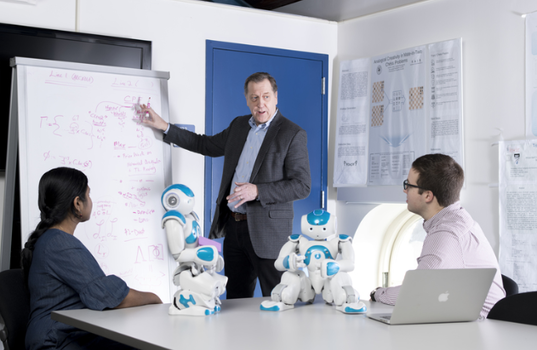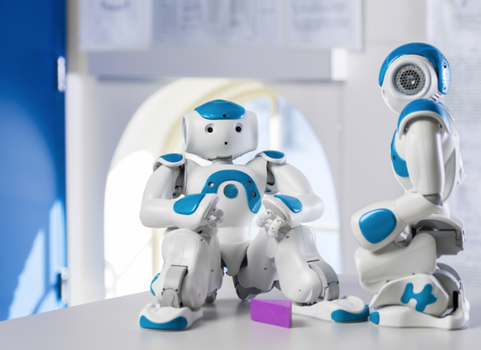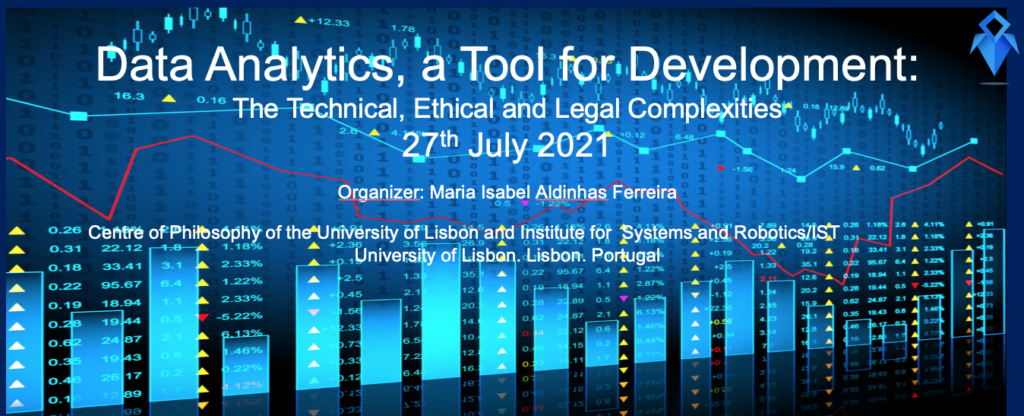
Chair: Maria Isabel Aldinhas Ferreira
Centre of Philosophy of the University of Lisbon and Institute for Systems and Robotics/IST, University of Lisbon. Portugal
Data and statistics provide the essential basis to understand (i) the ontogeny of systems and (ii) their evolution. A synchronic perspective takes a snapshot to the status of a system, momentarily freezing its dynamics, in order to be able to identify and quantify the patterns emerging in a given informational environment and the interdependencies established between them. The diachronic perspective monitors how these patterns have been interacting and constraining each others eventually determining new evolutionary trends within the overall processual dynamics. Both perspectives are essential for the management and decision making within organisations and they have been around for decades particularly in marketing, development economics and finances.
A dense ecosystem of technologies associated to the 4IR is presently responsible for collecting about 2.5 quintillion bytes of raw data created each day. Providing analytical insights on such a huge amount of data, in real time, requires not only strong computational processing power and specific tools, but awareness to the technical, ethical and legal complexities all along the processual pipeline. ML is the key technology for the creation of predictive models and the eventual automation of decision making across different economic valuations.
Though acknowledging its intrinsic economic value in a consumer society, we have to regard processed data not as a commodity, a mere catalyst that drives economies, but as a tool for the development and benefit of human beings, their fellow species and the planet.
The present session will address the technical, ethical and legal complexities that the whole process involves as well as the “myth of open data”
